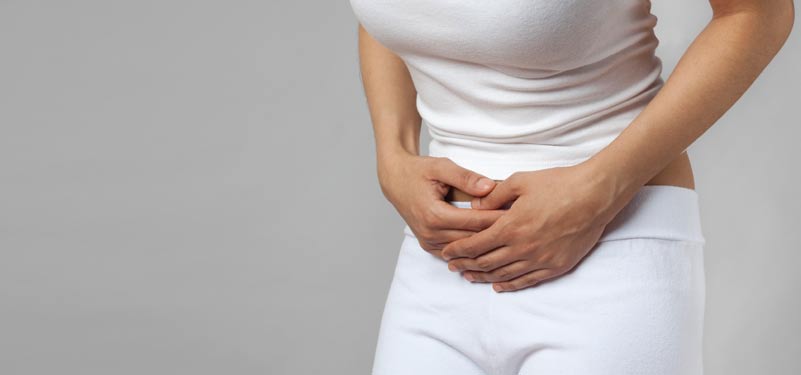Microsoft word - newmedia100_f2013_assignment3_s2.docx
New Media100 Lab: Assignment 3 Section 2 (W11am-1pm) *Due Wednesday October 2nd* Objective: Col aborate with your randomly selected partner (see list below) to create two distinctive portraits, one as subject and one as photographer. Purpose: As a subject, this exercise presents an opportunity for self-expression resulting in a photograph that confidently represents who yo

 A sampling of targeted integrative therapies
A sampling of targeted integrative therapies A recent meta-analysis comparing multiple studies and strains 2008). Hence, screening for the proper strains by looking at disease
A recent meta-analysis comparing multiple studies and strains 2008). Hence, screening for the proper strains by looking at disease